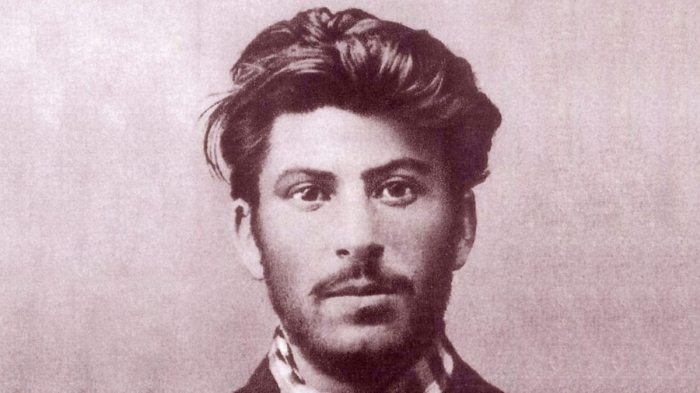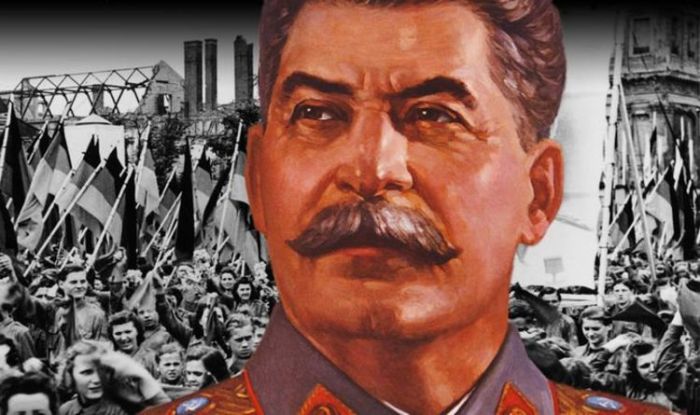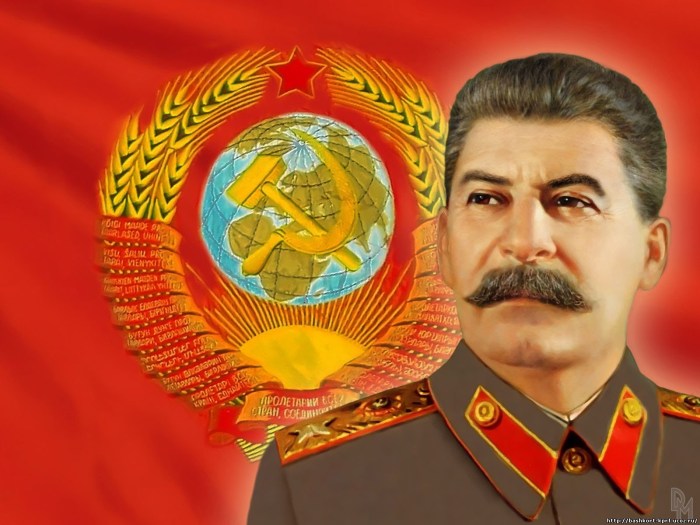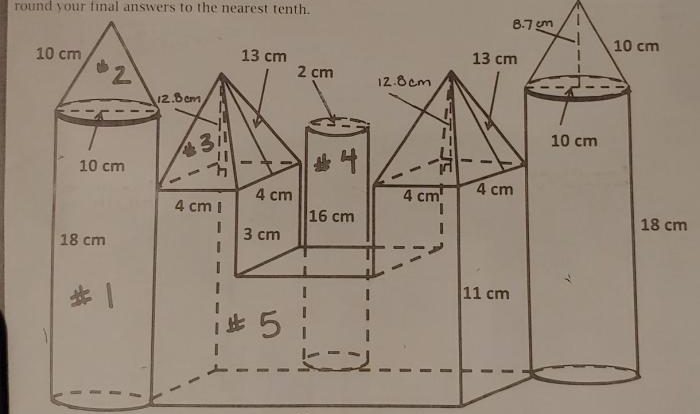Stalin a brutal legacy uncovered answers – Stalin: A Brutal Legacy Uncovered delves into the complex and controversial reign of Joseph Stalin, providing a comprehensive exploration of his political, economic, and social policies, as well as their profound impact on Soviet society and the world.
This captivating narrative unfolds through a detailed timeline of Stalin’s rise to power, an examination of his repressive political system and human rights abuses, an analysis of his economic transformation and industrialization efforts, and an exploration of the cult of personality and propaganda that shaped his rule.
Historical Overview of Stalin’s Reign

Joseph Stalin’s rise to power in the Soviet Union marked a period of profound political, social, and economic transformation. Stalin’s rule, characterized by an iron-fisted dictatorship, had a lasting impact on the nation and beyond.
Stalin’s ascent began in 1924, following the death of Vladimir Lenin. He gradually consolidated his authority, eliminating political rivals and establishing a centralized regime.
Stalin’s policies aimed to transform Soviet society into a socialist state. He implemented rapid industrialization and collectivization of agriculture, leading to both economic growth and widespread suffering.
The Great Purge, a period of intense political repression, further solidified Stalin’s control. Millions were arrested, imprisoned, or executed in a systematic campaign to eliminate perceived threats.
Political Repression and Human Rights Abuses
Stalin’s regime was marked by widespread political repression and human rights abuses. The Gulag system, a network of forced labor camps, became a symbol of the brutality and terror inflicted on millions of Soviet citizens.
- Arbitrary arrests and imprisonment were commonplace.
- Show trials, such as the Moscow Trials, were used to eliminate political opponents and intimidate the population.
- Forced labor camps, such as the Gulag, subjected prisoners to inhumane conditions and resulted in countless deaths.
The human cost of Stalin’s policies was immense, with millions perishing due to execution, starvation, and forced labor.
Economic Transformation and Industrialization
Stalin’s economic policies aimed to rapidly industrialize the Soviet Union. Forced industrialization led to the creation of heavy industry, but at the expense of consumer goods and agricultural production.
Collectivization, the forced merging of peasant farms into collective farms, resulted in widespread famine and resistance.
- Five-Year Plans set ambitious industrialization targets.
- Collectivization aimed to consolidate agricultural production.
- Rapid industrialization led to economic growth, but also severe social dislocations.
While Stalin’s policies achieved some industrial progress, they came at a heavy human and social cost.
Cult of Personality and Propaganda, Stalin a brutal legacy uncovered answers
Stalin cultivated a cult of personality, promoting an image of himself as an infallible leader.
- Propaganda extolled Stalin’s virtues and achievements.
- Art and literature glorified Stalin’s role in Soviet history.
- Public dissent was suppressed, and critics were punished.
Stalin’s propaganda machine effectively shaped public perception and maintained his absolute control over the Soviet population.
Quick FAQs: Stalin A Brutal Legacy Uncovered Answers
What were the key characteristics of Stalin’s political repression?
Stalin’s political repression was characterized by widespread purges, show trials, forced labor camps, and the suppression of dissent.
What was the impact of Stalin’s economic policies on Soviet society?
Stalin’s economic policies, including forced industrialization and collectivization, led to rapid economic growth but also widespread suffering and inequality.
How did Stalin cultivate a cult of personality?
Stalin cultivated a cult of personality through propaganda, censorship, and the suppression of any opposition or criticism.



